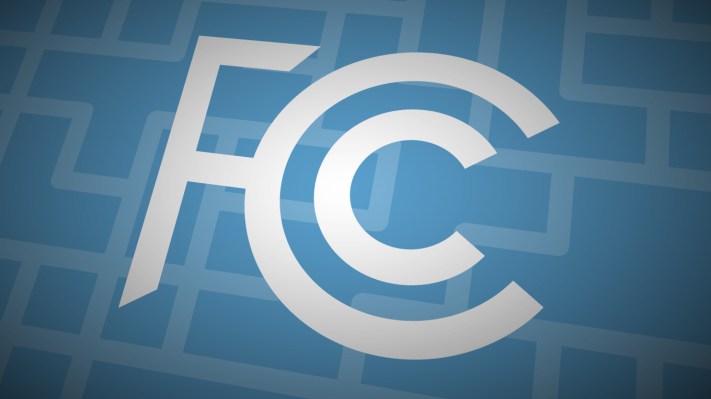The FCC pressed pause on its review of the proposed Comcast-TWC merger after learning that thousands of documents it should have had access to were withheld.
The roughly 7,000 documents were not disclosed due to “an inappropriate claim of attorney client privilege,” according to the FCC. In addition, some 31,000 documents that were also responsive to the commission’s work were not disclosed as the result of a “vendor error.”
Those mistakes were enough for the FCC to call time out. The agency’s 180-day review period that it calls “informal” will now take a three-week hiatus, resuming on January 12.
Today also marks the end of the public comment period regarding the proposed merger. Comcast marked the occasion with a lengthy blog post extolling the deal’s virtues. A sample: “We’ve built a compelling record in favor of the transaction. […] We also have demonstrated the absence of serious competitive harms arising out of the transaction.”
Comcast’s argument regarding the deal’s potential impact on competition is that, and I quote its post again, “[c]onsumers choose broadband providers at the local – not national – level.” The implication there is that if Comcast manages to grow its national share, it won’t have any impact on the average consumer’s options on the ground. If they had one before, they will still have one.
That might sound tautological, but it’s a somewhat decent point in the short-term. Comcast will never compete with itself locally, but a rival firm might try to cut in on its local market share if it deems it economically viable as a business choice.
The fewer large ISPs that exist, the lower the chance of that happening. This reduces the potential for medium- and long-term ISP competition at the local level. So while Comcast may be technically correct today, its comments become less sensible in time.
Comcast and other large ISPs have often avoided competing in the same markets. This is the current business dynamic that allows Comcast to claim that swallowing TWC will not reduce current local competition, as they endeavor to not compete locally. However, to presume that that dynamic will remain static long term, with both parties happily not encroaching on each other’s territory over time, as separate firms, is silly.
Both companies will pursue growth, and if that means cutting into cities where there is local competition from a national ISP, they will. Eventually. And so, implicitly, the Comcast-TWC lowers future competitive pressures, which could, in theory, allow for greater local competition.
You can handicap the likelihood that the deal passes on your own. For now, it’s on pause until 2014 closes.
